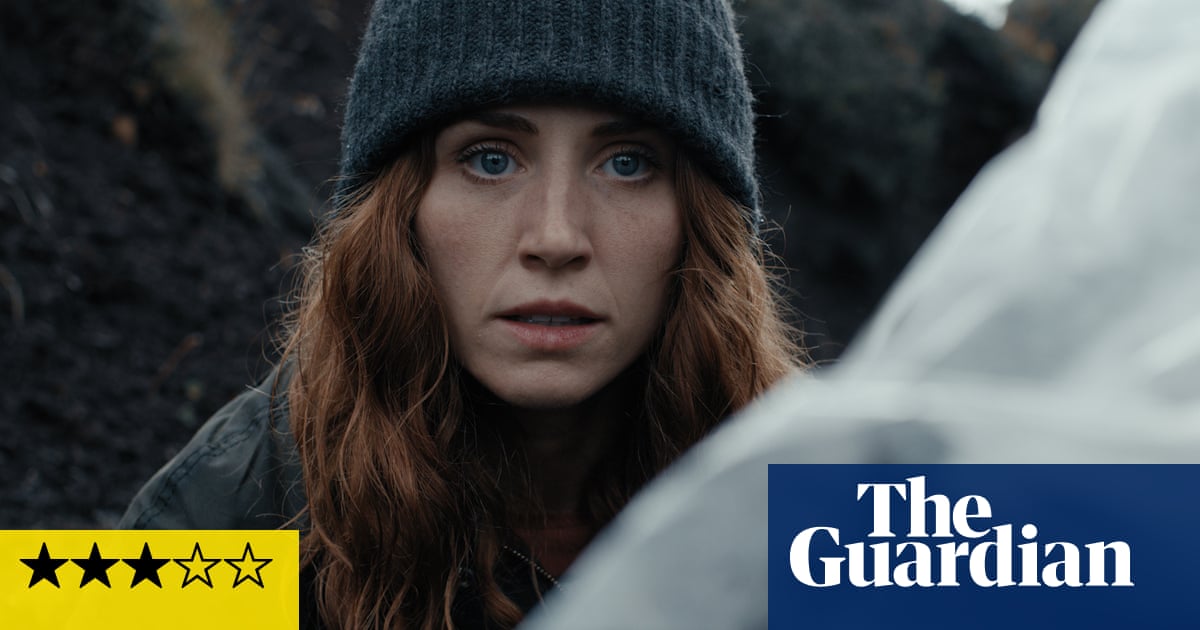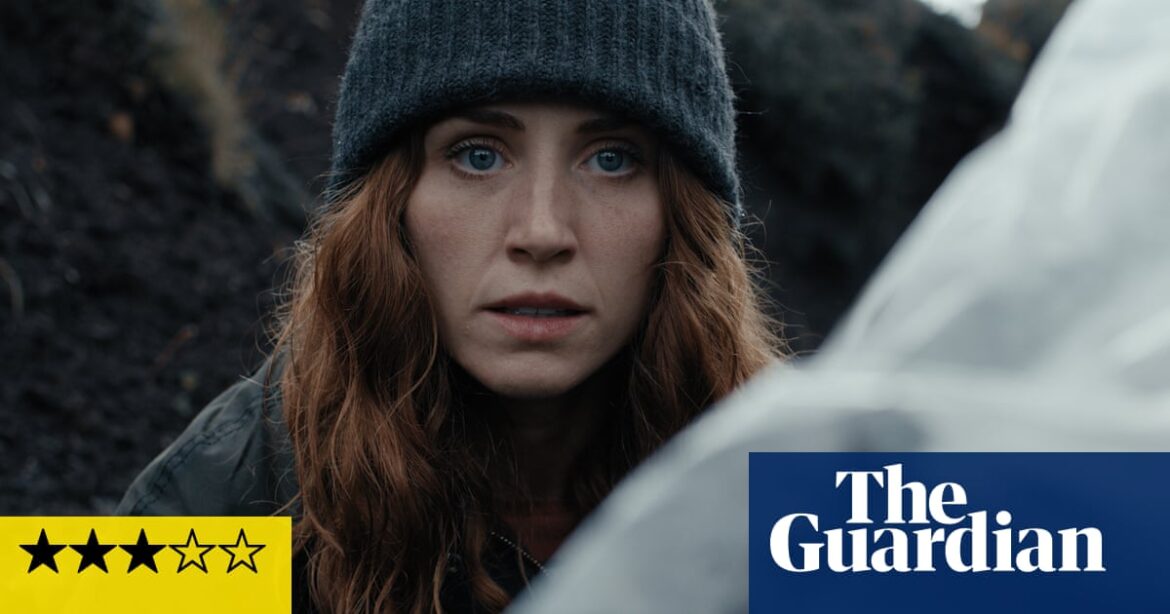
Looking for a group of long-missing children on a patch of moorland, podcaster Claire (Sophia La Porta) thinks she has defined her search area. But when she lays down her map in front of the police chief who once led the case, he reaches for a box and arrays five more Ordnance Surveys around it. His rejoinder – “That’s the moor” – is the equivalent of “You’re gonna need a bigger boat” in this redoubtable folk horror debut evidently inspired by the Brady-Hindley murders. You could also call it topographical horror, with director Chris Cronin using a simple set of elements – swirling mists, neolithic stones, baleful staring rams, chairs that look like baleful staring rams – to construct a formidable ambience on his fictional Holme moor.
Claire is beholden to this search because of a guilty secret: in 1996, she was indirectly responsible for the disappearance of one of the kids, called Danny, by persuading him to act as a decoy while she pilfered sweets from a newsagent. Now she is riding shotgun, or bodycam in fact, to Danny’s harrowed father Bill (David Edward-Robertson), who is still desperately combing the peat bogs for his son’s remains. His obsession is further stoked when they find a single abandoned shoe in a blackened gully. But Claire questions his sanity when she realises Bill is pinpointing locations with the help of pendulum dowser Alex (Mark Peachey) and his psychic daughter Eleanor (Elizabeth Dormer-Phillips).
Starting with a sharp single-take scene on a Leeds street corner for the initial abduction, the first half of The Moor is fantastic. As Claire and Bill mount successive forays into this disorientating and almost pustulant-looking terrain, Cronin has an oppressive spiritual fug close in. Crucially, he maintains a needling ambiguity about the source of evil out in the wilderness: is it the nameless incarcerated killer, glimpsed once in sinister Slender Man long shot as he is roped into a fresh search, or something from the supernatural beyond?
Sadly, Cronin blows this superb setup in the final act by flipping between and conflating these two poles, thereby losing grip on the film’s ultimate destination. Jumpscares applied early on with a regularity that suggests the latent violence in the moor’s vicinity, become nakedly manipulative. Most of the central performances are also a bit vanilla, with the exception of the impressive Edward-Robertson, his face locked in a stress rictus that lets slip twisted grief. If Cronin had stayed similarly grounded, he might have had one of the best British horror films in years on his hands; as it is, he hasn’t, but has a pretty promising future instead.
Source: theguardian.com



